Looked after children
-
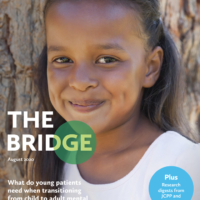
August 2020 – The Bridge
This month there has been a renewed focus on the impact of institutional care on children’s development and mental health, following publication of the Lancet Group Commission on this subject.
Read more -

Early deprivation is linked to long-term social communication difficulties
Maltreatment affects a staggering 1 billion children worldwide. Most of these maltreated children, but particularly those raised in institutions that are characterized by deprivation, experience some form of neglect. These children seem to be at risk of developing social, cognitive and psychiatric difficulties later in life.
Read more -

A longitudinal study of cognitive predictors of (complex) post‐traumatic stress in young people in out‐of‐home care
Dr. Rachel Hiller gives a video abstract of her paper ‘A longitudinal study of cognitive predictors of (complex) post‐traumatic stress in young people in out‐of‐home care’.
Read more -

Shining a light on the injustice of institutionalization and the damage it causes to children – to promote care reform across the globe
Led by 22 of the world’s leading experts on reforming care for children, The Lancet Commission on Institutionalisation and Deinstitutionalisation of Children includes a review and meta-analysis of the effects of institutionalisation and deinstitutionalisation on children’s development, and makes 14 policy recommendations addressed to policymakers at all levels. The Commission was chaired by Professor Edmund Sonuga-Barke, Professor of Developmental Psychiatry, Psychology and Neuroscience at King’s College London who leads the English and Romanian Adoptee (ERA) Project.
Read more -
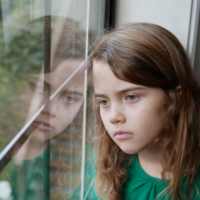
Who can best support young people who self-harm?
A new study published in Child and Adolescent Mental Health has investigated what forms of support young people who self-harm find helpful.
Read more -
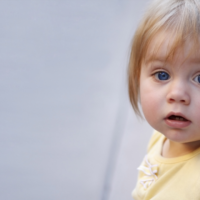
Can we predict (complex) PTSD in young people in foster care?
Adverse, early life experiences put young people at risk of developing psychological difficulties. Potential difficulties might include post-traumatic stress disorder (PTSD) or the newly proposed, complex PTSD.
Read more -

In Conversation… Complex PTSD with Dr David Turgoose and Dr Simon Wilkinson
David and Simon discuss an emerging area of interest, complex PTSD expanding on the causes and how it differentiates from standard PTSD. Includes transcription, and links.
Read more -
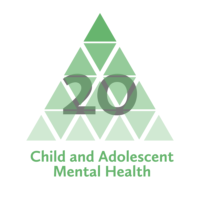
Most cited CAMH paper joint #20 of 25: Children’s Voices: A Review of the Literature Pertinent to Looked‐After Children’s Views of Mental Health Services
Julie Davies, John Wright.
Read more
Key Practitioner Message (Relating to looked‐after children and service user involvement) includes; Vulnerable children should be given equal choice and involvement in their treatment decisions and not miss out on the wider NHS drive for service user involvement. -
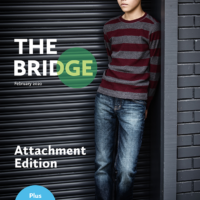
February 2020 issue – The Bridge attachment edition
This edition of The Bridge features paternal attachment, early caregiving, disinhibited social engagement behaviour, adolescent security and a parent’s perspective on attachment and adoption.
Read more -

What is the effect of post-institutionalisation? A research digest
Research digest on DePasquale, Donzella and Gunnar’s (2018) study, which was published JCPP ‘Pubertal recalibration of cortisol reactivity following early life stress: a cross‐sectional analysis’.
Read more